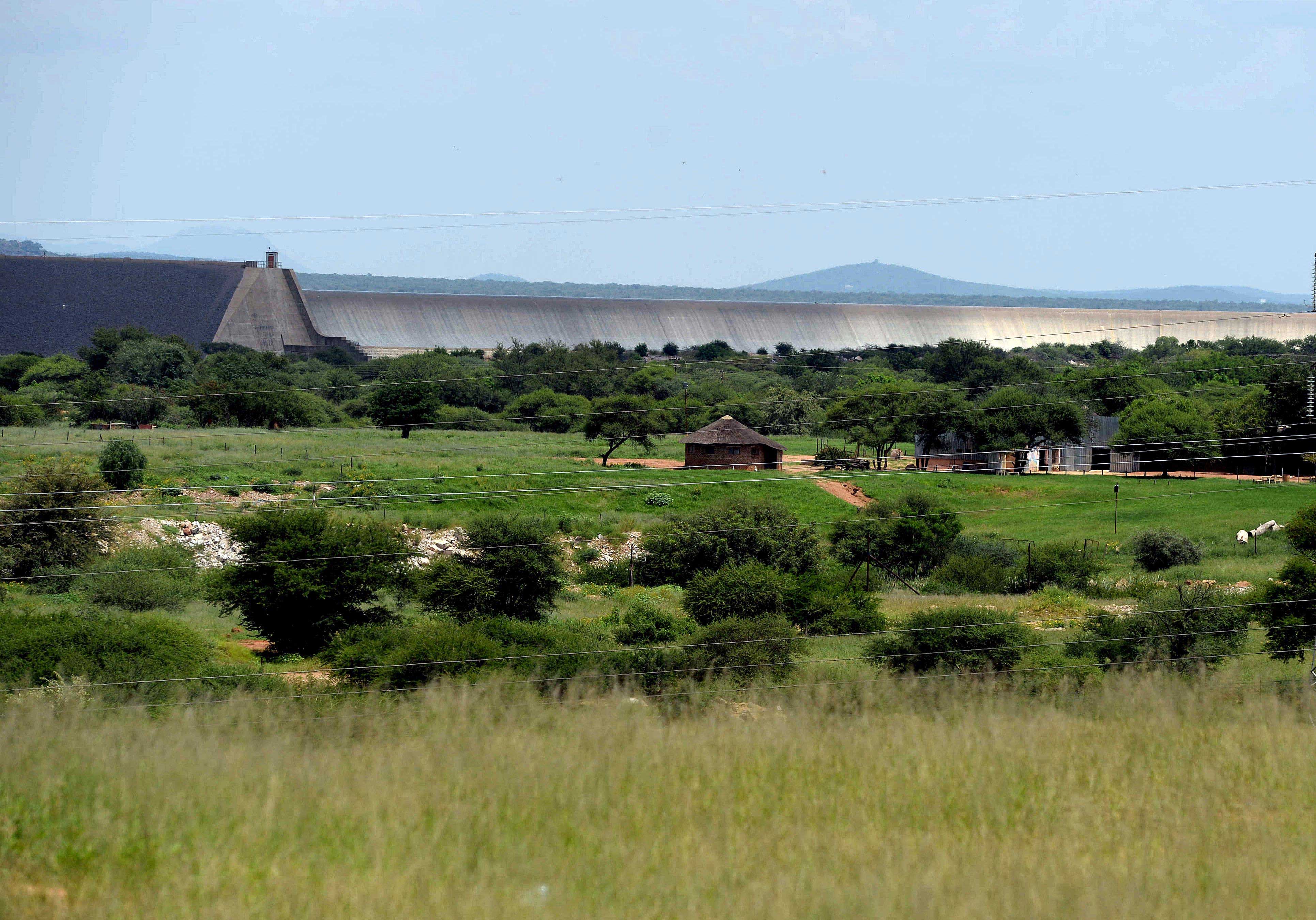- A crucial year for Paris Agreement implementation
- EU steps up international cooperation on climate change
The scale of the climate challenges we face today and in the future is clear. The adverse effects of climate change are already being felt around the world and pose a great threat to our planet and its people. Moreover, they could undermine both the development gains made over many decades and the prospects for achieving the 2030 agenda for sustainable development. For Botswana, there is good evidence that in the coming decades, temperatures will increase, rain patterns become more variable and droughts and floods more intense.
The Paris Agreement on climate change – the landmark global agreement adopted by almost 200 countries in 2015 – sets out an action plan to put the world on track to avoid dangerous climate change. It has set the direction of travel for the global transition to low-emission, climate-resilient economies and societies.
However, we already know that on aggregate the emissions reduction targets put forward by countries in Paris will not be enough to reach our common objective of limiting global warming to well below 2°C compared to pre-industrial levels, let alone 1.5°C. The upcoming special report of the Intergovernmental Panel on Climate Change (IPCC) – authored by a number of world class climate change experts who met right here in Gaborone in April for their final drafting session – will unfortunately show us that the window to stay within these limits is closing very fast. This is why we must continue to raise our collective ambition and speed up the implementation and operationalisation of the Paris Agreement.
This year, governments and stakeholders from round the world are getting together to assess how far we have come since Paris and to look at solutions and possibilities to enhance action under the ‘Talanoa Dialogue’. Taking place throughout 2018, this facilitative process – inspired by the Pacific tradition of ‘talanoa’, an open and inclusive dialogue – is the first opportunity since Paris to look at our collective efforts so far, as well as opportunities to increase global ambition. The EU sees the Talanoa Dialogue as a key moment to focus on the solutions and potential associated with the low-carbon transformation, while also enhancing cooperation and trust.
Another important deliverable for the international community this year is adopting the Paris Agreement work programme – detailed transparency and governance rules for putting the agreement into practice. Adopting this “rulebook” at the next UN climate conference (COP24) in December in Katowice, Poland, is vital. A clear and comprehensive set of transparency rules will enable us to track and demonstrate the progress being made around the world and give all sides – developed and developing countries alike – a shared framework to deliver on our shared vision.
The EU is well-advanced in putting in place its domestic legislative framework for delivering its target of cutting domestic greenhouse gas emissions by at least 40% by 2030, compared to 1990 levels. This includes, for example, revising the EU emissions trading system for the period after 2020, setting national emissions reduction targets for sectors not covered by emissions trading, and integrating land use in our climate legislation. These key pieces of legislation were all recently adopted, and further proposals on clean energy and mobility are in the pipeline.
In parallel, we are looking beyond 2030. In March 2018, EU leaders asked the European Commission to present, within 12 months, a proposal for a strategy for long-term EU greenhouse gas emissions reduction, following a similar request form the European Parliament. The Commission will make its proposal ahead of COP24 to provide a solid foundation for an EU-wide debate.
Simultaneously, the EU is stepping up international cooperation and support to partners outside the EU, for example through policy dialogues, capacity-building projects and climate finance.
The EU, its Member States and the European Investment Bank contributed EUR 20.2 billion in public climate finance towards developing countries in 2016. This represents a 15% increase compared to the previous year or a 50% increase from 2012, as well as roughly half of global public climate finance. The EU remains committed to the collective goal of mobilising USD 100 billion a year in climate finance by 2020 and through to 2025 from a variety of sources to support action in developing countries.
While the Paris Agreement sets the direction of travel, the journey has only just begun. Going forward, all countries will need to foster the right environment to enable this transformation to continue, supporting a long-term structural change in energy systems worldwide and shifting and scaling up investments that contribute to it.
Low-emissions and climate-resilient growth is possible for countries at all levels of income and brings multiple and tangible benefits for people, the economy and the environment. The EU is committed to work with all partners to continue this journey together.
Ambassador Alexander Baum, Head of the EU Delegation to Botswana and SADC

